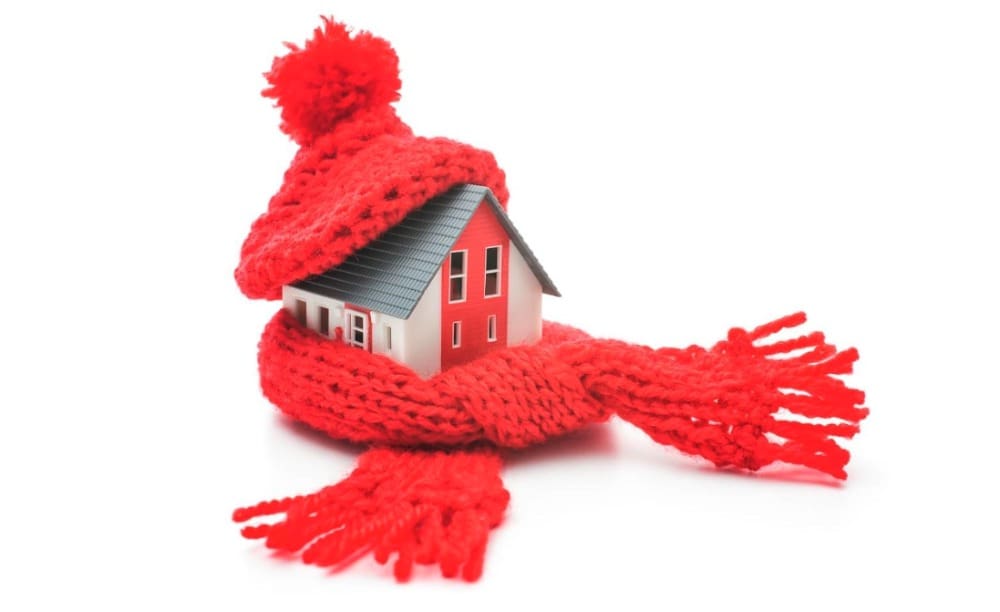
When keeping our homes warm and cozy during the colder months, having a reliable heating system is crucial. With so many options available on the market, it can be overwhelming to choose the right one for your home. Explore three types of residential heating systems: furnaces, heat pumps, and mini-split systems.
Furnaces
Furnaces are a common heating system in homes. They blow heated air through ductwork to distribute heat throughout the house. Furnaces can be powered by different fuel sources such as natural gas, propane, or electricity. The two most common types of furnaces are gas and electric.
Gas Furnaces
Gas furnaces use natural gas as their fuel source to heat the air. They have a burner that ignites the gas, creating a flame that heats the air passing through the furnace. This heated air is then circulated throughout the house via ducts and vents.
Gas furnaces are known for their efficiency, with some models boasting an AFUE (Annual Fuel Utilization Efficiency) rating of up to 98%, meaning they convert 98% of the energy produced into heat. They also tend to have a lower operating cost.
Electric Furnaces
Electric furnaces use electricity as their fuel source to heat the air. They work by passing electrical currents through heating elements, which then heat the air that moves through the furnace.
Electric furnaces are typically less expensive to purchase and install, but they tend to have a higher operating cost due to the price of electricity. However, they may be a more convenient option for homes without access to natural gas.
Heat Pumps
Heat pumps are another heating system for residential settings. They work by transferring heat from one area to another using refrigerant and a compressor. In the winter, heat pumps extract warmth from the outside air and bring it inside to heat your home. In the summer, they can reverse this process and act as an air conditioner by removing warm air from inside your home and pushing it outside.
Three heat pump types exist: air-source, geothermal, and dual-fuel.
Air-Source Heat Pumps
Air-source heat pumps are a common type of heat pump for residential settings. They extract heat from the air outside and transfer it inside to warm your home. They are known for their energy efficiency, with some models boasting a high HSPF (Heating Season Performance Factor) rating. Air-source heat pumps can also act as an air conditioner in the summer by reversing the process and extracting warm air from inside your home.
Geothermal Heat Pumps
Geothermal heat pumps, or ground-source heat pumps, use the constant temperature of the earth to heat and cool homes. They work by running liquid-filled pipes underground or underwater, where temperatures remain relatively consistent throughout the year.
In the winter, they extract warmth from the ground and bring it inside to heat your home. In the summer, they can reverse this process and use the cooler earth as a heat sink to remove warm air from inside your home. Geothermal heat pumps can reduce heating and cooling costs.
Dual-Fuel Heat Pumps
Dual-fuel heat pumps combine the use of both an air-source heat pump and a gas furnace. They are designed to switch between the two, depending on which is more efficient at the time. In milder climates, the heat pump will be used to provide heat, but when temperatures drop below freezing, the gas furnace kicks in to provide supplemental heating.
This hybrid system can offer the best of both worlds, providing energy-efficient heating in most conditions and a more powerful heat source when needed.
Mini-Split Systems
Mini-split systems, or ductless heat pumps, are popular due to their ease of installation and flexibility. They consist of an outdoor compressor unit connected to one or multiple indoor units through refrigerant lines. The indoor units are mounted on walls or ceilings and can be controlled independently, allowing for zoned heating. Mini-split systems are known for their energy efficiency and can save you on heating costs. They are a great option for homes without existing ductwork.
Furnaces, heat pumps, and mini-split systems are all viable options for residential heating. Contact us today to discover which one is right for your home.
